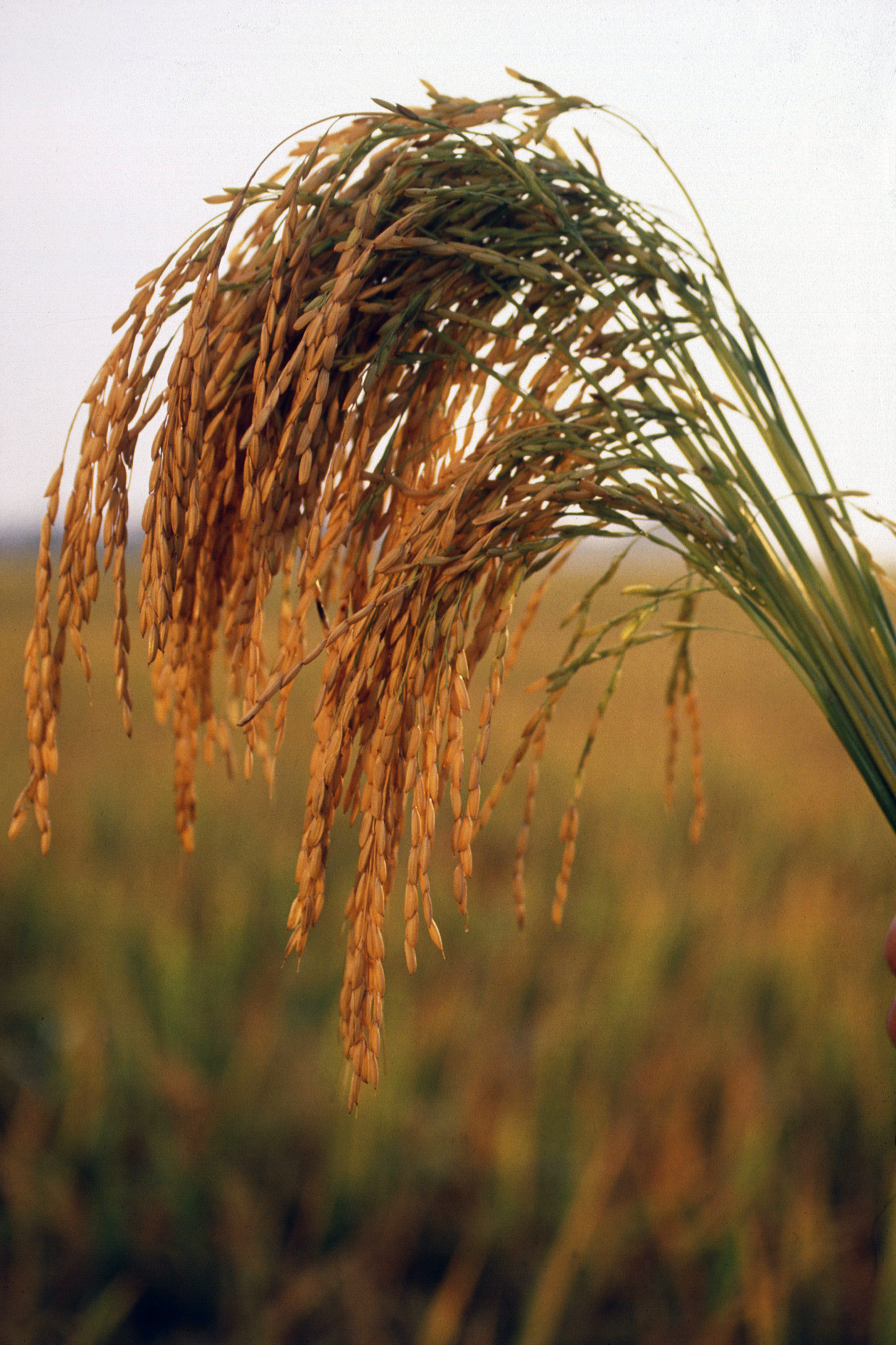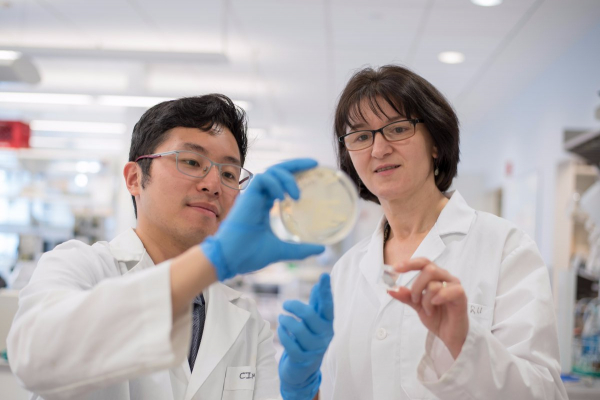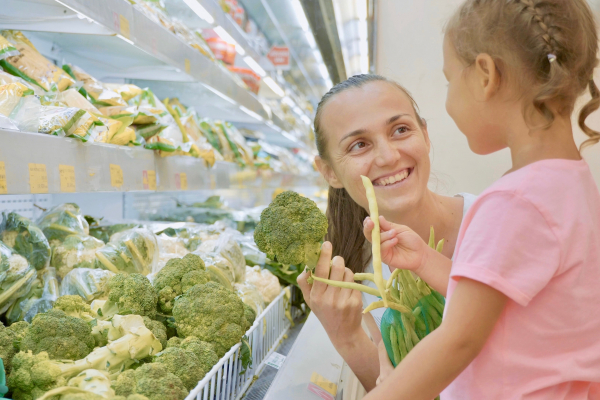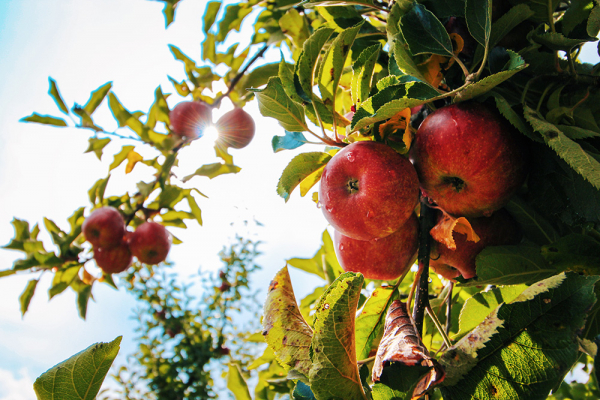Harnessing a Flood of Data to Improve Rice Production

For decades, the USDA and local organizations have compiled data that could help rice growers and breeders if only this information was crunched in a way that was easy to access and use. How much acreage with which varieties was planted? What were the weather conditions that season? How much rice did the farmer bring to market at what price? This information is available but in disparate places.
Dr. Susan McCouch, Dr. Diane Wang, and Dr. Joshua Woodard gathered these details and added one more layer—the genetic makeup of the different varieties planted. They reached out to every county with rice-growing operations as well as USDA and then assembled a complete picture of U.S. rice farming over the past forty years.
“We are identifying regions of the genome with a history of resilience against weather variations. These traits need to be preserved in the gene pool for rice breeders to draw upon.” – Susan McCouch
Dr. McCouch and Dr. Wang then began the genetic sequencing of all the varieties whose seeds lie in the public domain to determine the genetics responsible for production levels in specific conditions. They have started to identify genomic regions that best accommodate a range of temperatures and carbon dioxide levels.
It takes approximately eight years for rice breeders to create new varieties. The efforts of Dr. McCouch, Dr. Wang, Dr. Woodard, and USDA colleagues, will increase the value of this work, ensure it aligns with farmers’ needs, and help produce larger rice harvests.
Reprinted from SoAR Retaking the Field, Vol. 2


